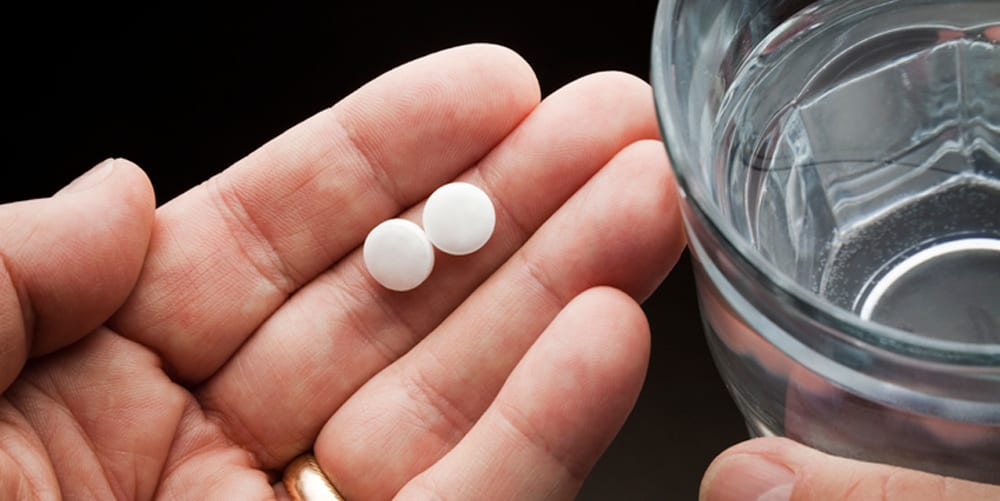A new study has found that common drugs such as aspirin could reduce the harm caused by air pollution in the lungs.
Aspirin is just one of many widely-available nonsteroidal anti-inflammatory drugs (NSAIDs).
But its power in mitigating the impact of air pollution in the pulmonary system has so far been unexplored.
Now, however, researchers believe they have illustrated how aspirin can lessen those effects.
They studied how inflammation in the lungs caused by ambient particulate matter (PM) and black carbon.
They concluded that the use of any NSAID “nearly halved of the effect of PM on lung function”.
The positive results that the researchers observed stemmed mainly from the use of aspirin, but said that the effects of non-aspirin NSAIDs were worthy of further exploration.
The team of researchers came from the Columbia Mailman School of Public Health, Harvard Chan School of Public Health, Boston University School of Medicine
The findings were published in the American Journal of Respiratory and Critical Care Medicine.
“Our findings suggest that aspirin and other NSAIDs may protect the lungs from short-term spikes in air pollution,” said author Xu Gao, PhD, a post-doctoral research scientist in the Department of Environmental Health Sciences at the Columbia Mailman School.
“Of course, it is still important to minimize our exposure to air pollution, which is linked to a host of adverse health effects, from cancer to cardiovascular disease.”
“While environmental policies have made considerable progress toward reducing our overall exposure to air pollution, even in places with low levels of air pollution, short-term spikes are still commonplace,” said senior author Andrea Baccarelli, MD, PhD, chair of the Department of Environmental Health Sciences at the Columbia Mailman School.
“For this reason, it is important to identify means to minimise those harms.”
Read more:
Miscarriage warning after polluted air found in unborn babies
Air pollution: Why it’s killing us
Risk to fertility from air pollution
How air pollution reduces life expectancy







